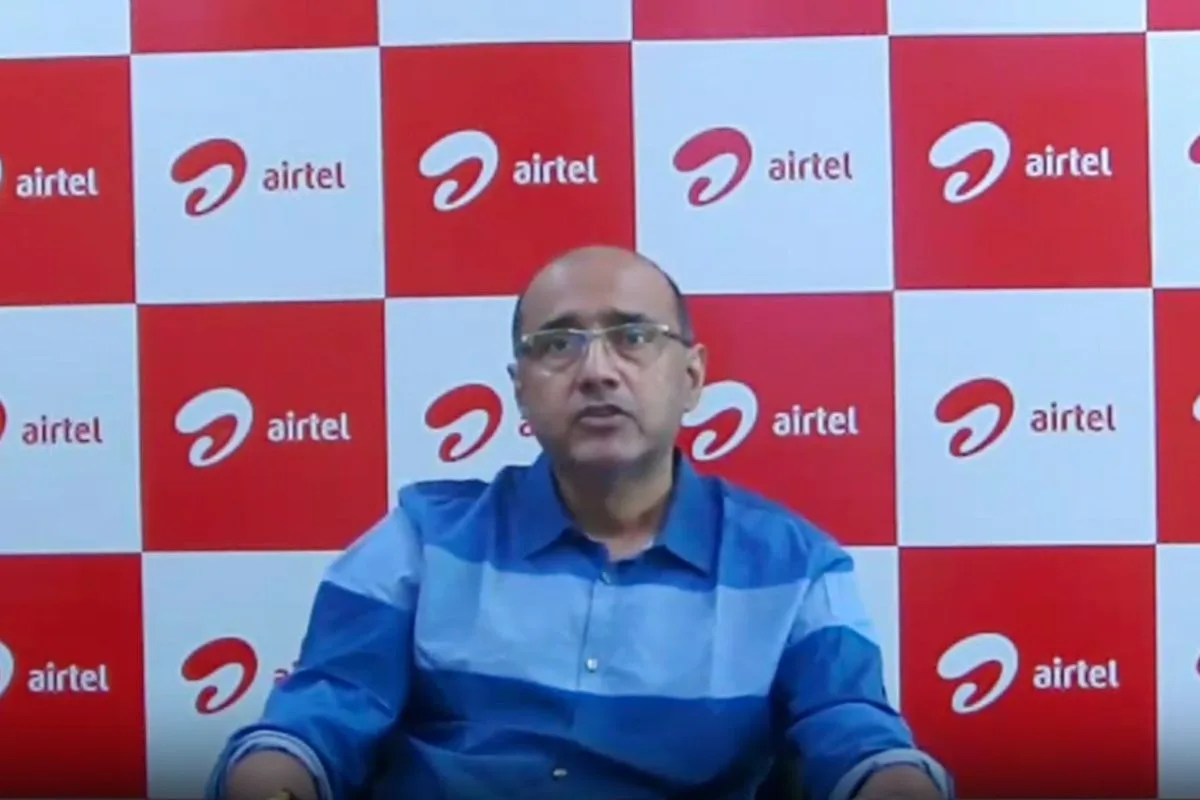
Bharti Airtel, the second-largest telecom operator in India, recently partook in the tariff hikes of mobile plans implemented in the early Q2 of FY25. The result of any tariff hike in the past has been a growth in average revenue per user (ARPU) but at the cost of the customer base. Airtel had anticipated losing customers and a downtrading of plans as the prices went up. Downtrading here means that customers on the 2GB daily data plan would move to a 1.5GB daily data plan, effectively spending almost the same amount of money, but getting fewer benefits.
Read More - Airtel ARPU Reaches Rs 233, Net Profit Jumps to Rs 3593 Crore
While this happened, it didn't happen at the rate Airtel anticipated. The telco saw a better response to the tariff hike from customers than what it thought would happen, confirmed the MD and CEO of Airtel, Gopal Vittal at the recently concluded earnings call.
"We have a lot of intelligence to identify who is the likely user who needs to be on the 2GB plan using the combination of the device that they have, their usage characteristics as well as their propensity to pay, so given that I think we have been surprised about the lack of downtrading, which we were expecting," said Gopal.
Read More - Airtel Payments Bank Posts Quarterly Revenues of Rs 674 Crore in Q2 FY25
Not just the downtrading of the plans, but Airtel also saw SIM consolidation happening at a lower rate than anticipated. This is a net positive for the telco, which generated around Rs 11,000 crores of free cash flow during the quarter as the capex moderated.
"We were expecting two things that will happen with the tariff repair, number one was a greater amount of sim consolidation than we saw and the second was a greater amount of down-trading, both those have not materialized so we are better than our action standards on both fronts," Gopal explained.















